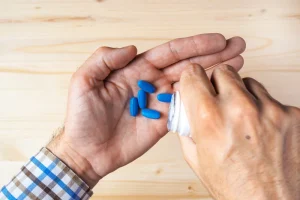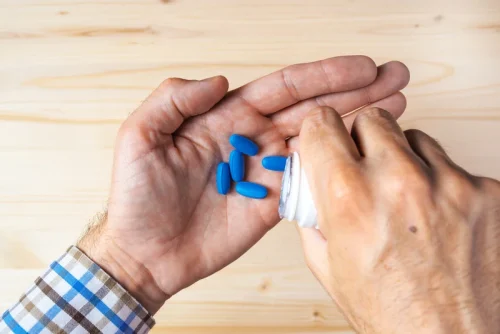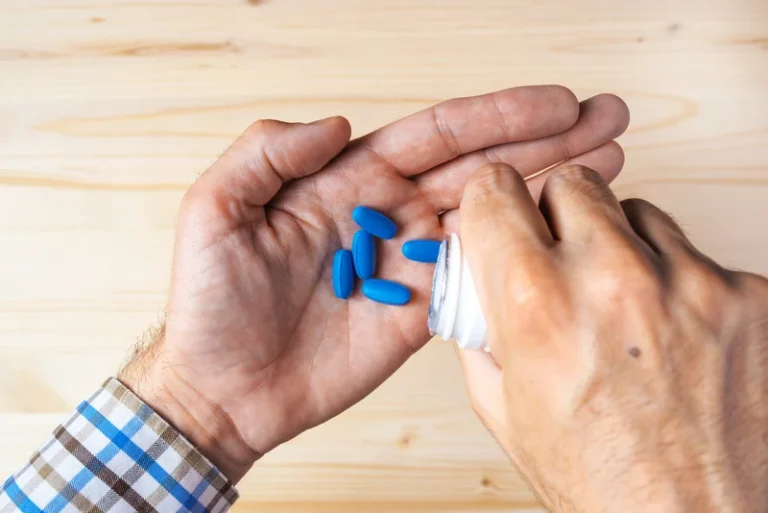Escaping the cycle of addiction felt impossible Then I became pregnant
I went back to school less than a week after giving birth because of this profound determination. I felt like I didn’t belong — people like me aren’t teachers, I thought to myself. Every time the phone rang in the classroom, I thought it was the principal calling to say I couldn’t be there. For so long I felt being someone who used substances was my part of identity that I worried I couldn’t possibly hold a position in the professional world. For years, I tried everything to get better, but always found myself in the same desperate place.
- Alcohol withdrawals5 can lead to tremors, hallucinations, and seizures.
- This is on top of the previous negative feelings (from the trigger) that prompted the person to indulge in the substance in the first place.
- Medication-assisted treatment (MAT) is often used in combination with counseling and therapy.
- I stumbled into education serendipitously, but now learning feels so fundamental to my well-being and integral to my recovery.
- Not all drug dependence is addiction.3 For example, a person with chronic asthma may be dependent on a daily medication in order for that person to be able to breathe properly.
Breaking the Cycle of Addiction in Families

Ultimately, what’s fueling the cycle of addiction is the urge to suppress or shut down those unpleasant emotions or thoughts before or when they arise. Signs include mood swings, avoiding responsibilities, secrecy, or physical symptoms like fatigue or withdrawal. If someone seems different or struggles to control their substance use, it’s time to consider help. Getting a professional assessment can clarify the next steps and make recovery more achievable. Professional treatment aims to treat both the physical and emotional aspects of addiction, helping you detox safely and process the underlying causes for addiction.
Ways to Break the Addiction Cycle
You would require new goals as you attempt to break the addiction cycle. Create new goals or revisit past ones that were derailed by the addiction. Having the right motivation sets an addict quicker on the path to recovery. By creating new achievable goals, you give yourself something to look forward to each day besides getting high.
Dependence Formation
- You can receive 24/7 text support right away and at your convenience.
- To identify whether certain traits—like fat or carbohydrate content, or the degree of processing—made certain foods more likely to trigger addictive-like behaviors.
- Some people are more habit-resistant than others, and some habits are harder to make than others.
- The brain is connected by millions of nerve cells (neurons) that control feelings, movement, and bodily sensations.
- They are open to learning more about their addiction but will not commit to getting clean.
Using their drug of choice governs every aspect of an addict’s life. The desire and NEED to use drugs become stronger than anything else, even alcoholism treatment if the individual has all the willpower in the world. An addict’s brain has changed, and there are now neurological and psychological mechanisms at play that fuel the cycle of addiction. Dependence is defined as a physical condition wherein the body has adapted to the presence of the drug and develops withdrawal symptoms when a person stops taking it.

It’s not just about substance use but also emotional and physical changes. How and why does this deadly cycle of addiction begin in the first place? Life can get tough and can include financial, professional, emotional, relationship, or family issues. These burdens produce stress, anxiety, resentment, anger, and, most importantly, fear. Often, these circumstances and situations prompt feelings that people do not want to feel or handle. Using a substance to numb their emotions may feel like a simple solution for many individuals during these difficult times.

Identifying Initial Use Signs
After the effects of the drugs or alcohol wear off, the person will then develop feelings of guilt, remorse, shame, and dissatisfaction from being unable to show restraint. This is on top of the previous negative feelings (from the trigger) that prompted the person to indulge in choose the correct cycle of addiction. the substance in the first place. Dealing with addiction is tough; many people try and fail to beat it until they hit rock bottom.

